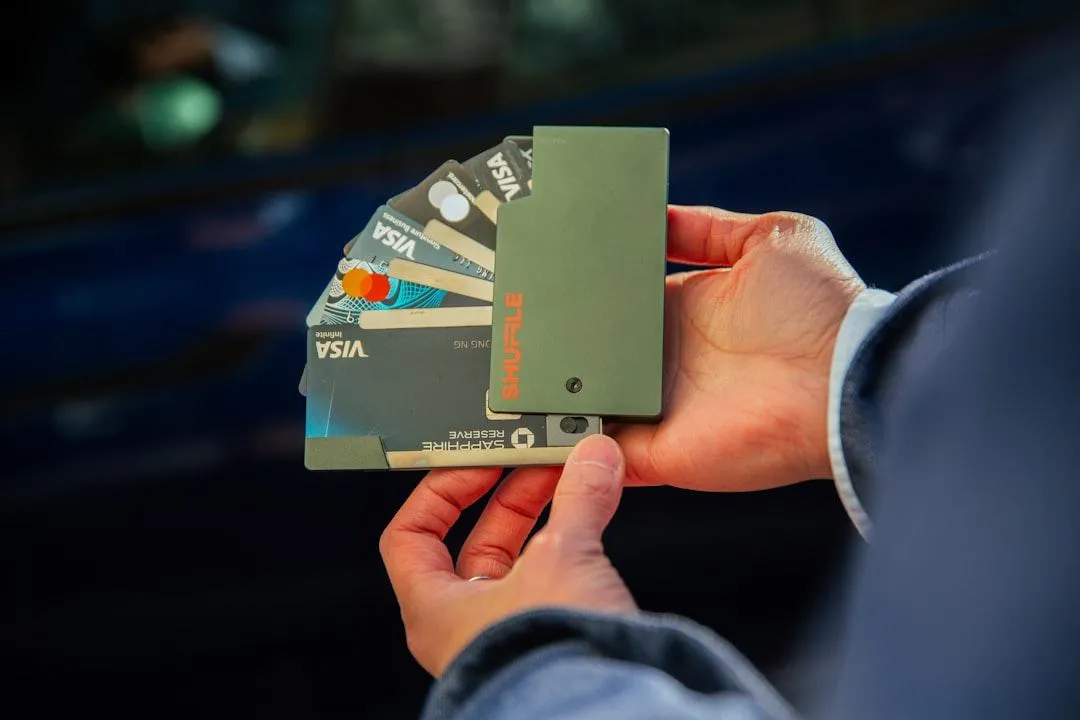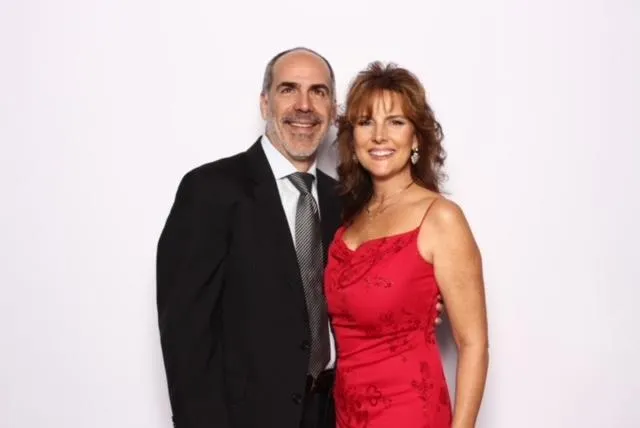Articles & Information
Home / Articles & Information

Should I Cancel MY Extra Credit Cards
Should You Cancel Extra Credit Cards?
Are you worried about all the credit cards you have but never use?
Are you retired and don’t need that many?
Are you a homeowner with no new loans in your future?
👉 It may be time to clean house — but before you start cutting up plastic, let’s break down how credit cards can help and hurt your finances.
📌 How Credit Cards Help You
Build Credit History
The longer you keep a card open, the stronger your length-of-credit-history score.
Improve Credit Mix
Lenders like to see you can handle different kinds of credit (loans, cards, mortgages).
Provide Rewards
Cashback, travel points, and discounts can save you money if you use them wisely.
Emergency Cushion
Having available credit gives you a backup for unexpected expenses.
Fraud Protection
Safer than debit cards in case of fraud — you’re typically not liable for unauthorized charges.
⚠️ How Credit Cards Can Hurt You
High Interest Rates
Especially with store cards and department card accounts.
Annual Fees
Some premium cards charge hundreds per year.
Overlapping Rewards
Having too many cards can spread points thin and create redundancy.
Temptation to Overspend
More available credit = more temptation to run up balances.
Fraud Risk
More cards mean more accounts to track, monitor, and protect.
📝 What to Consider Before Canceling
Credit Score Impact
Canceling cards can lower your score because:
You lose available credit → higher utilization ratio.
You shorten your credit history (if closing older cards).
Which Cards to Cancel First
Newer cards (shortest credit history).
Cards with high annual fees (unless you use perks).
Duplicate rewards cards.
Store cards with high interest.
No-fee cards → keep them for now, cancel later.
Subscriptions & Auto-Payments
Move or cancel them before closing the account.
📊 How Credit Scores Work (FICO Model)
Payment History – 35%
Amounts Owed (Utilization) – 30%
Length of Credit History – 15%
New Credit – 10%
Credit Mix – 10%
👉 Ideally, keep your utilization around 20–25% of available credit.
✅ Smart Steps Before You Cancel
Check your credit at CreditRepairUSA.us for $1.
Freeze your credit if you’re not applying for loans soon (extra fraud protection).
Pay off balances in full before closing any account.
Call or write the lender to confirm cancellation (don’t just cut up the card).
Keep emergency credit — don’t close all accounts.
🌟 Final Thought
Canceling cards may cause a short-term credit score dip, but:
You’ll simplify your finances.
Reduce fraud risk.
Make life easier for your executor in the future.
💡 Keep a few well-chosen cards, pay them off every month, and enjoy your financial freedom without the clutter.

Should I Cancel MY Extra Credit Cards
Should You Cancel Extra Credit Cards?
Are you worried about all the credit cards you have but never use?
Are you retired and don’t need that many?
Are you a homeowner with no new loans in your future?
👉 It may be time to clean house — but before you start cutting up plastic, let’s break down how credit cards can help and hurt your finances.
📌 How Credit Cards Help You
Build Credit History
The longer you keep a card open, the stronger your length-of-credit-history score.
Improve Credit Mix
Lenders like to see you can handle different kinds of credit (loans, cards, mortgages).
Provide Rewards
Cashback, travel points, and discounts can save you money if you use them wisely.
Emergency Cushion
Having available credit gives you a backup for unexpected expenses.
Fraud Protection
Safer than debit cards in case of fraud — you’re typically not liable for unauthorized charges.
⚠️ How Credit Cards Can Hurt You
High Interest Rates
Especially with store cards and department card accounts.
Annual Fees
Some premium cards charge hundreds per year.
Overlapping Rewards
Having too many cards can spread points thin and create redundancy.
Temptation to Overspend
More available credit = more temptation to run up balances.
Fraud Risk
More cards mean more accounts to track, monitor, and protect.
📝 What to Consider Before Canceling
Credit Score Impact
Canceling cards can lower your score because:
You lose available credit → higher utilization ratio.
You shorten your credit history (if closing older cards).
Which Cards to Cancel First
Newer cards (shortest credit history).
Cards with high annual fees (unless you use perks).
Duplicate rewards cards.
Store cards with high interest.
No-fee cards → keep them for now, cancel later.
Subscriptions & Auto-Payments
Move or cancel them before closing the account.
📊 How Credit Scores Work (FICO Model)
Payment History – 35%
Amounts Owed (Utilization) – 30%
Length of Credit History – 15%
New Credit – 10%
Credit Mix – 10%
👉 Ideally, keep your utilization around 20–25% of available credit.
✅ Smart Steps Before You Cancel
Check your credit at CreditRepairUSA.us for $1.
Freeze your credit if you’re not applying for loans soon (extra fraud protection).
Pay off balances in full before closing any account.
Call or write the lender to confirm cancellation (don’t just cut up the card).
Keep emergency credit — don’t close all accounts.
🌟 Final Thought
Canceling cards may cause a short-term credit score dip, but:
You’ll simplify your finances.
Reduce fraud risk.
Make life easier for your executor in the future.
💡 Keep a few well-chosen cards, pay them off every month, and enjoy your financial freedom without the clutter.
Reclaim your future. Unlock the benefits of great credit. Get your action plan today !


Contact Us
Monday-Friday 9am-5pm
888-853-3880 Text /Chat
(832-952-1333 - local number)
BY APPOINTMENT ONLY-NO WALK-INS
312 W. Northwest Hwy, Suite 116 Grapevine, Texas 76051

© Copyright 2017.
Credit Repair USA - Financial Solutions. All rights reserved.
